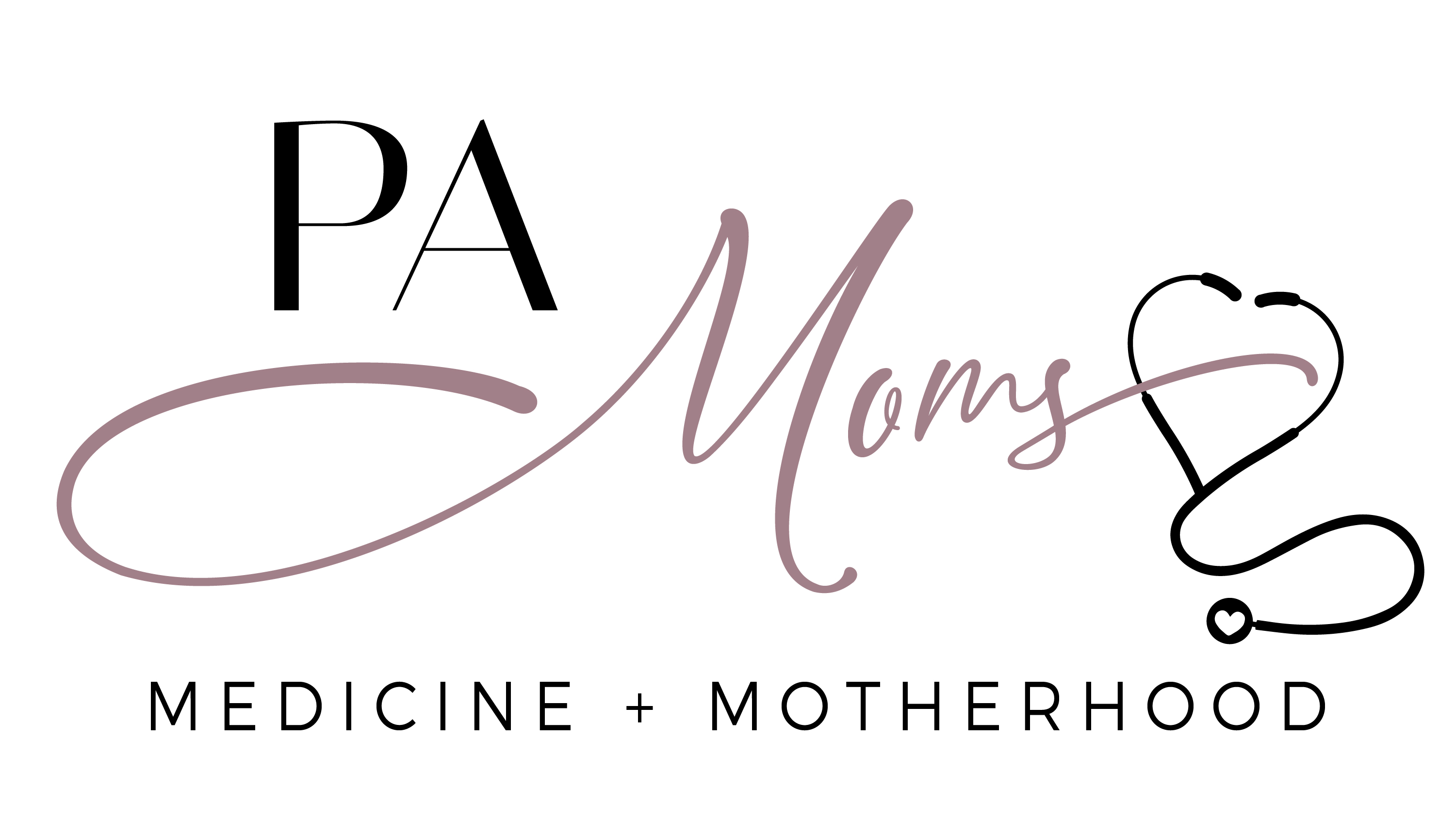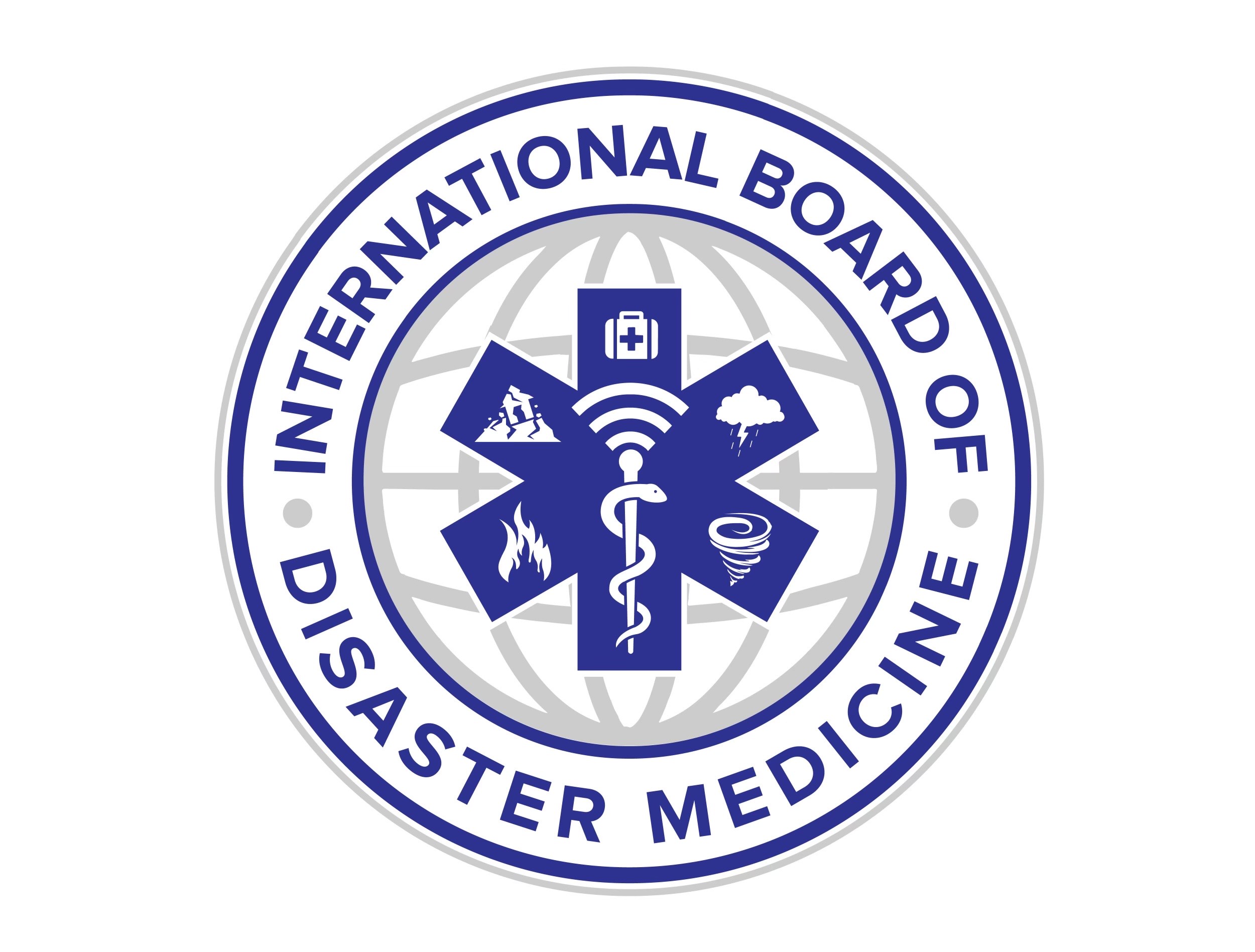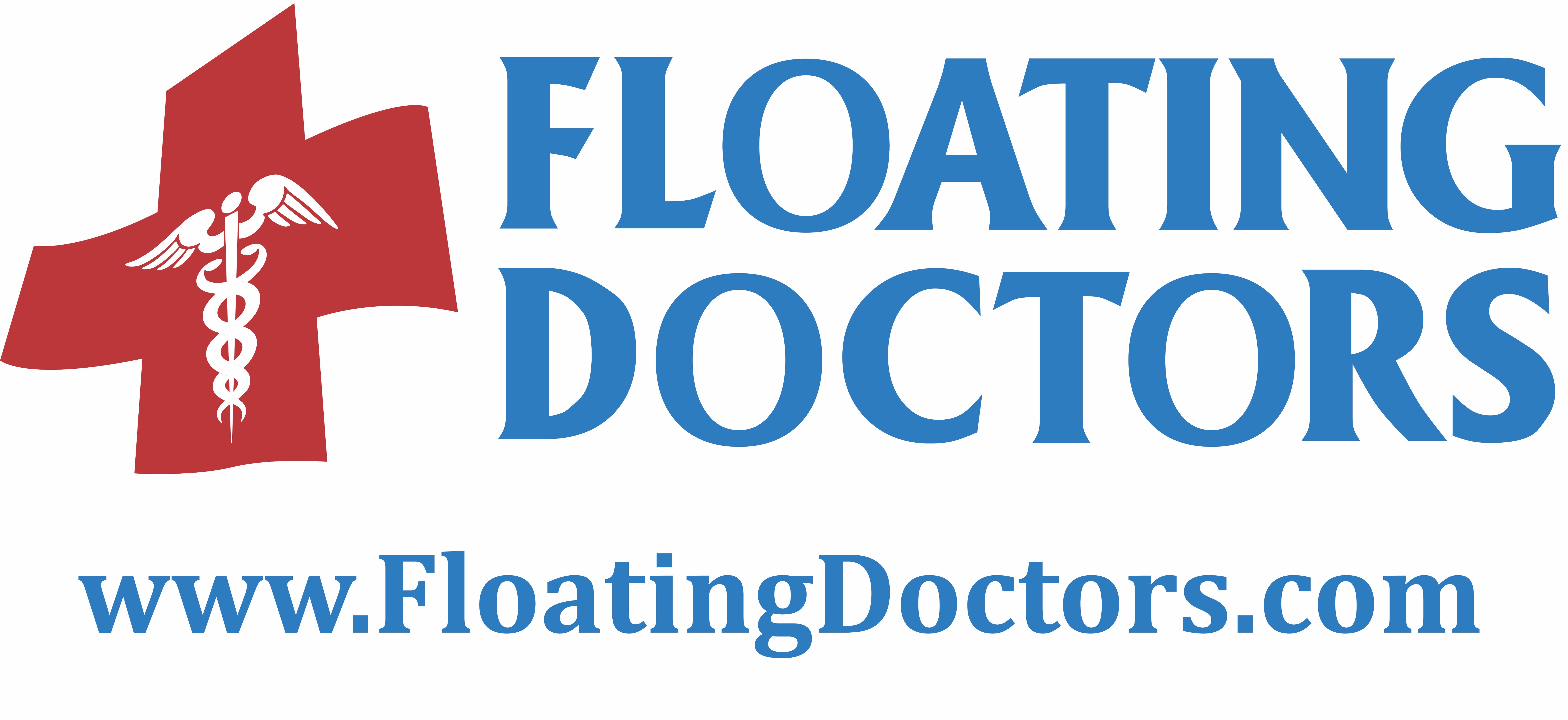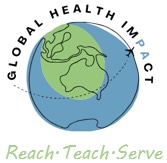Lynchburg Journal of Medical Science
Advisor
Tom Colletti, DHSc, MPAS, PA-C Emeritus, DFAAPA
Abstract
The objectives of this paper are to examine the connection between health literacy level and patient outcome, identify contributing factors of low health literacy, and identify ways in which providers and health literacy programs can promote health literacy on an individual and community level. I conducted a literature search using PubMed and Google Scholar in order to lend evidence to these objectives.
The results demonstrated a clear correlation between low health literacy levels and poor patient outcomes. Low health literacy is also correlated with reduced medication adherence, improper use of medication, more emergency department visits, and unhealthy habits during pregnancy among others. Some contributing factors to low health literacy are lack of patient education, inadequate provider communication training, poor social support, slow acculturation, lack of health literacy intervention by providers, and scant health literacy intervention programs. Health literacy intervention has improved medication adherence and overall patient outcomes in type II diabetes, asthma, obesity, cardiovascular disease, and hypertension, and has also improved the quality of life for some patients. Health literacy intervention in the form of provider communication training, universal health literacy precautions, and various community programs have shown promising results.
This literature review demonstrates that health literacy is a health-related social need that can be targeted for improvement. Provider intervention and public health programs are powerful tools that can be used to promote health literacy and consequently improve patient outcomes. With this knowledge, future research needs to be done to decide on how these resources can be made more widely accessible for underserved populations and for those disproportionately impacted by low health literacy. With the advancement of technology and a general transition to eHealth, we continue to see new obstacles in the promotion of health literacy and improvement of patient outcomes.
Recommended Citation
Simpson, Elizabeth
(2025)
"Health Literacy: Impact and Interventions,"
Lynchburg Journal of Medical Science: Vol. 1:
Iss.
1, Article 17.
DOI: https://doi.org/10.63932/3067-7106.1010
Available at:
https://digitalshowcase.lynchburg.edu/jms/vol1/iss1/17






